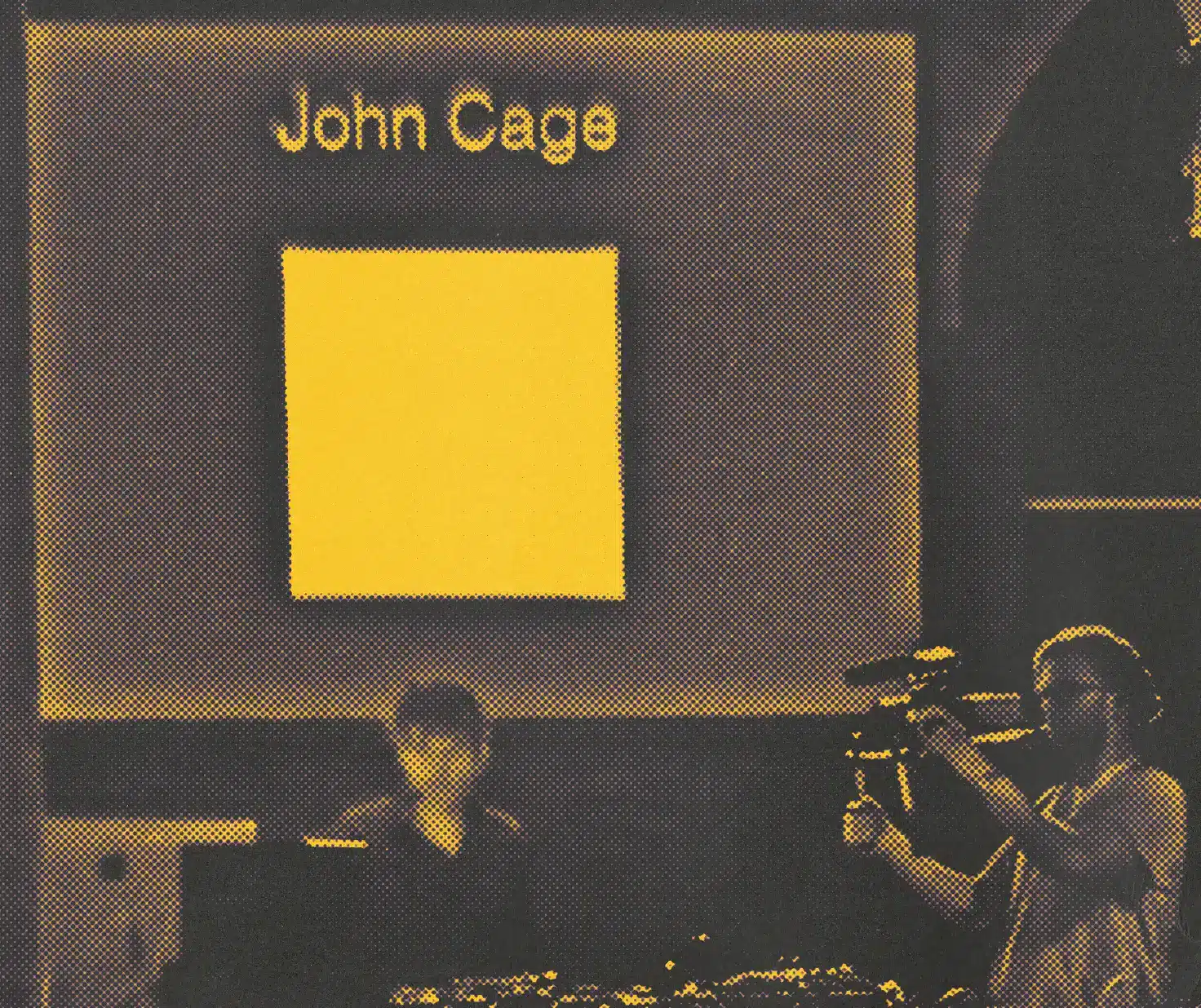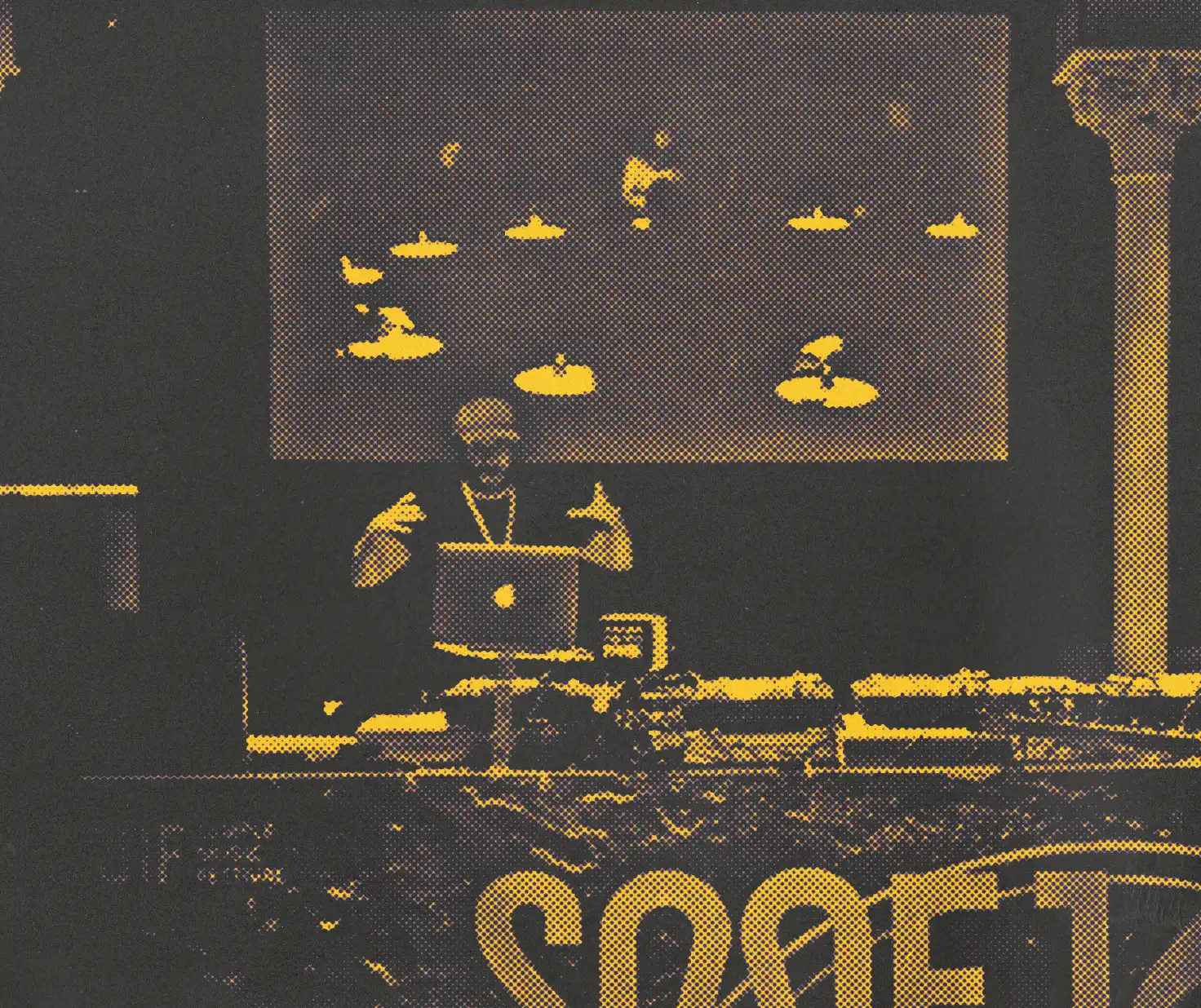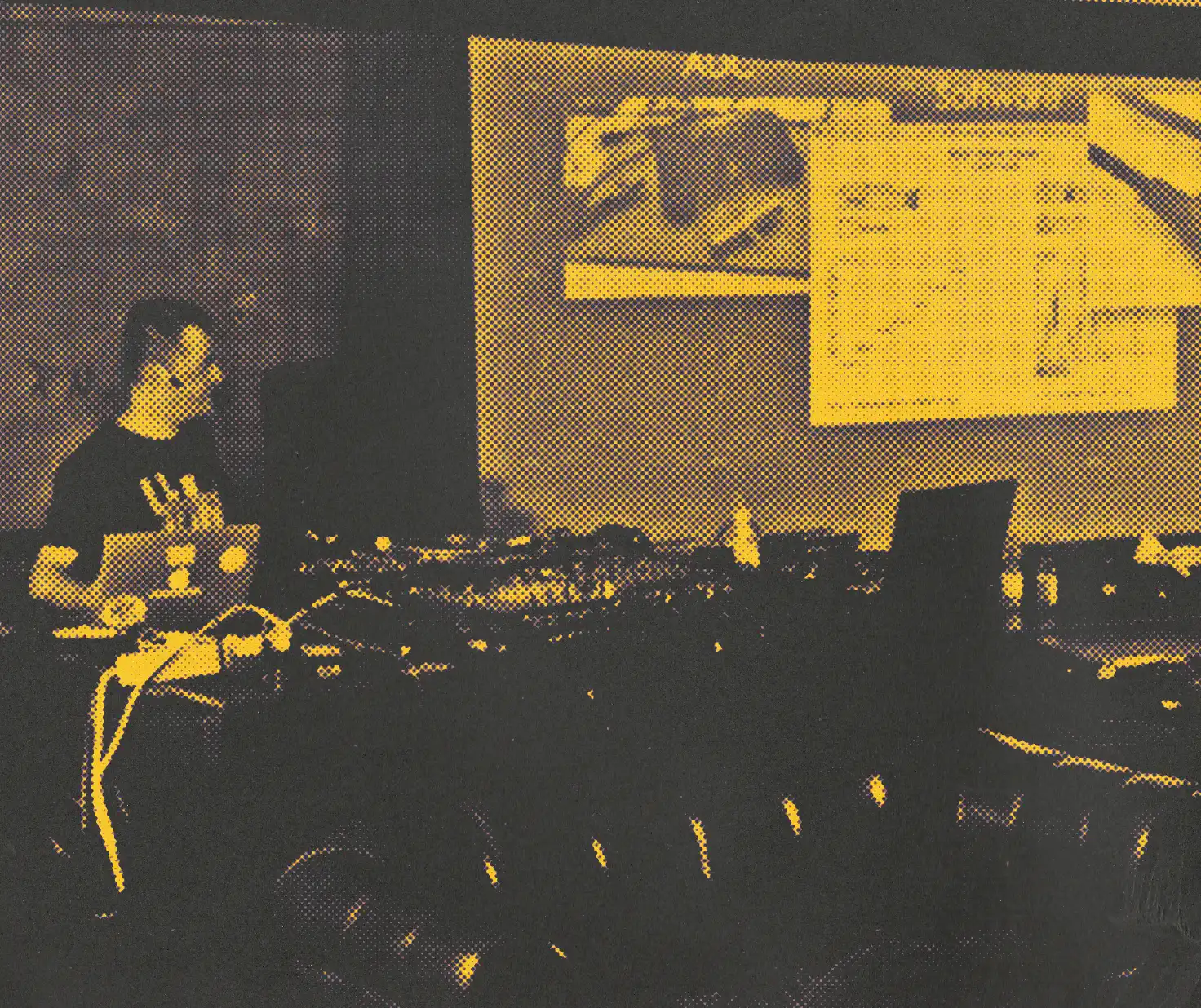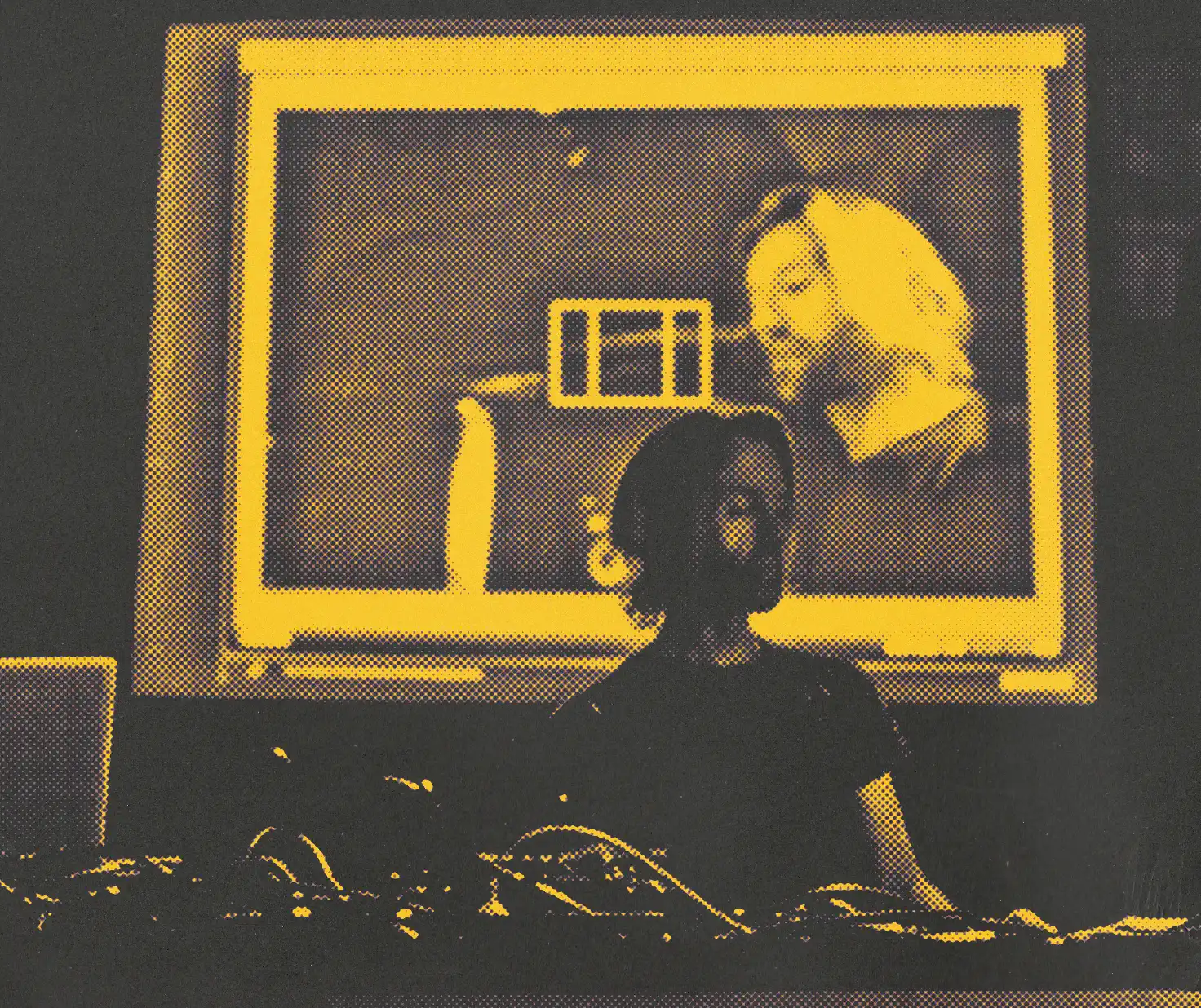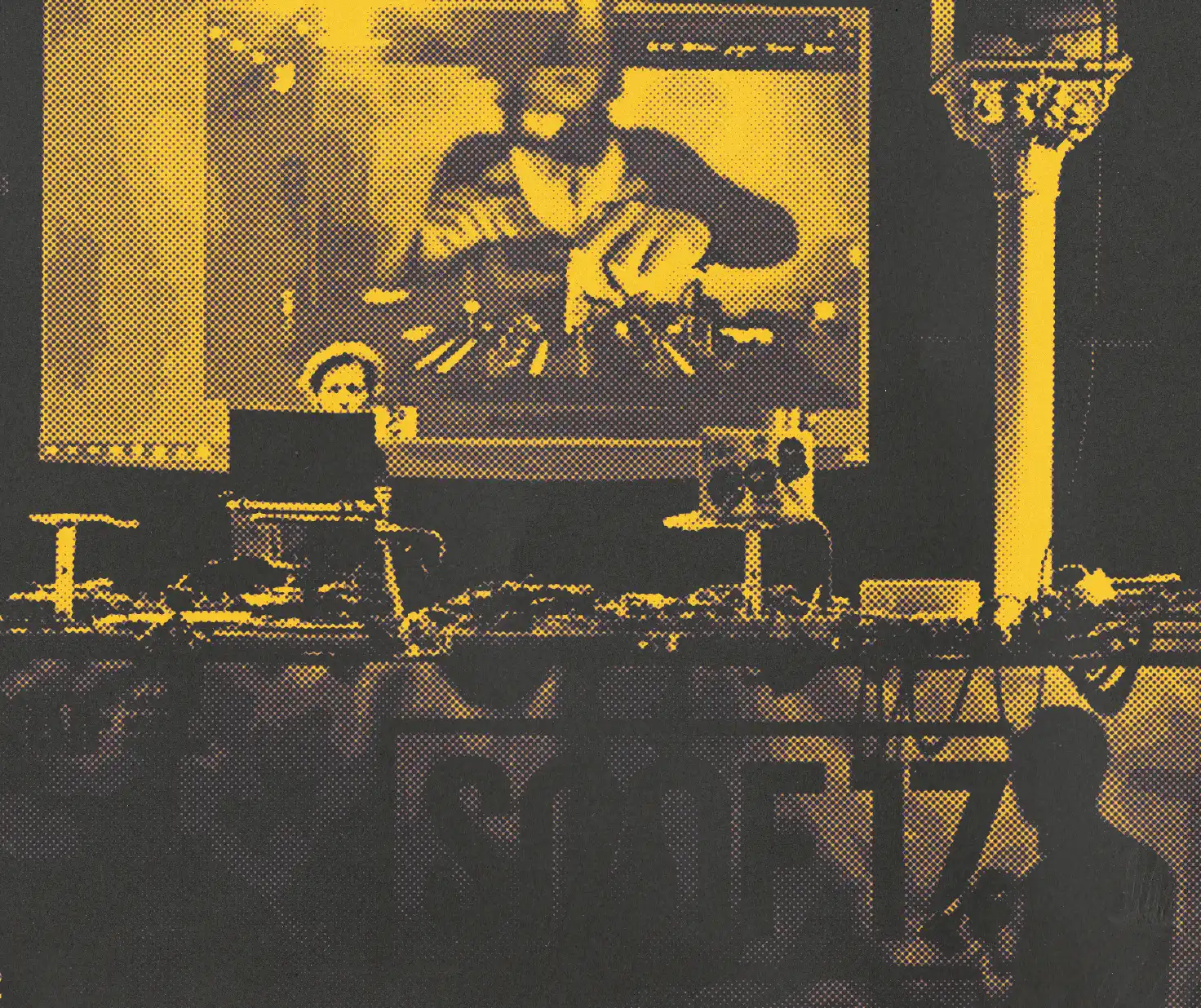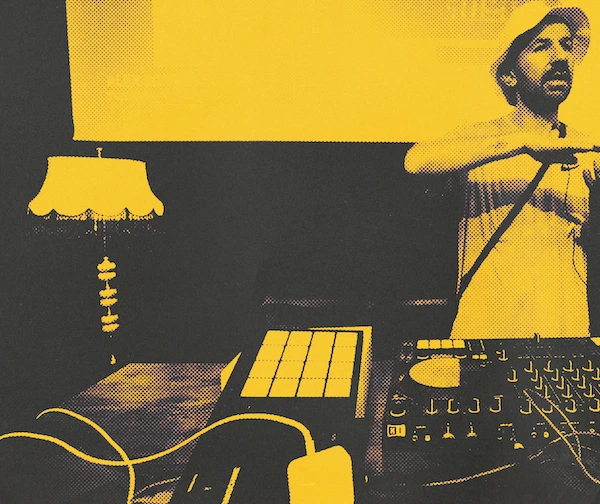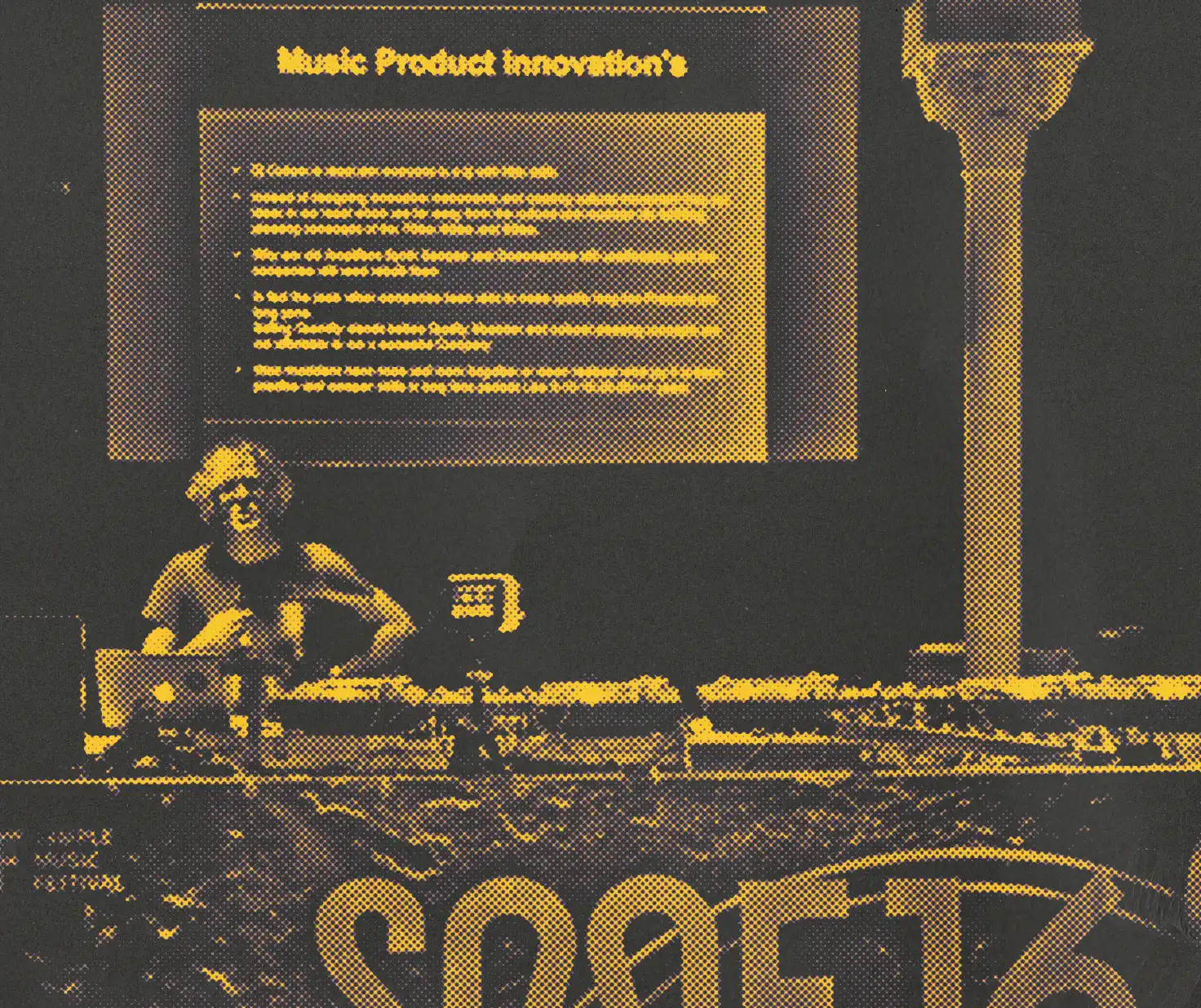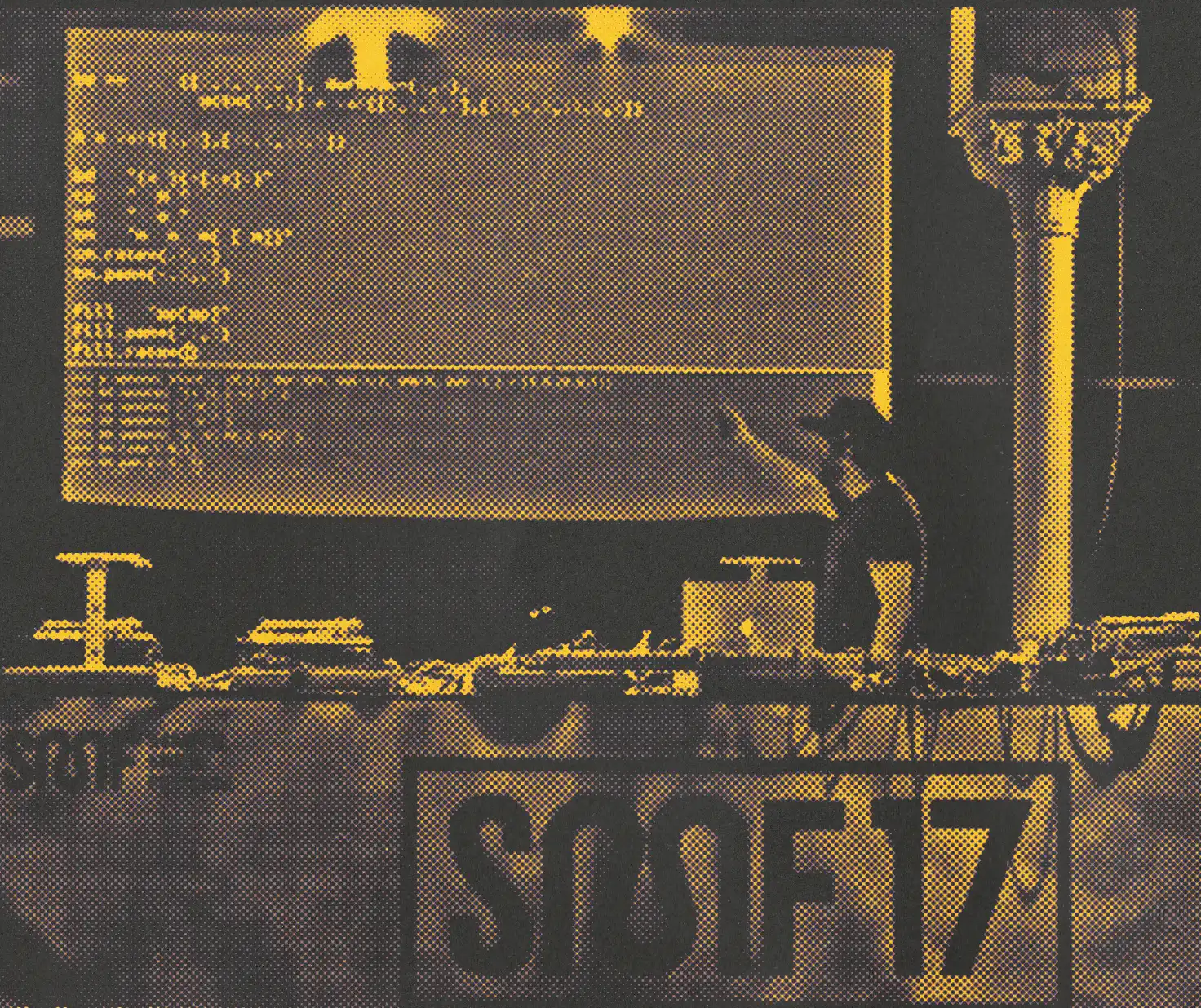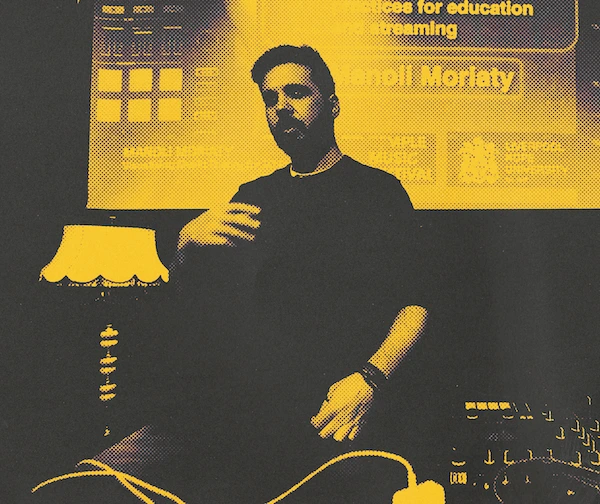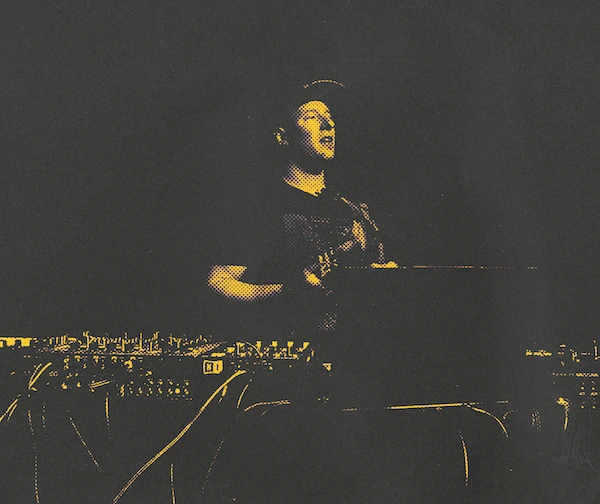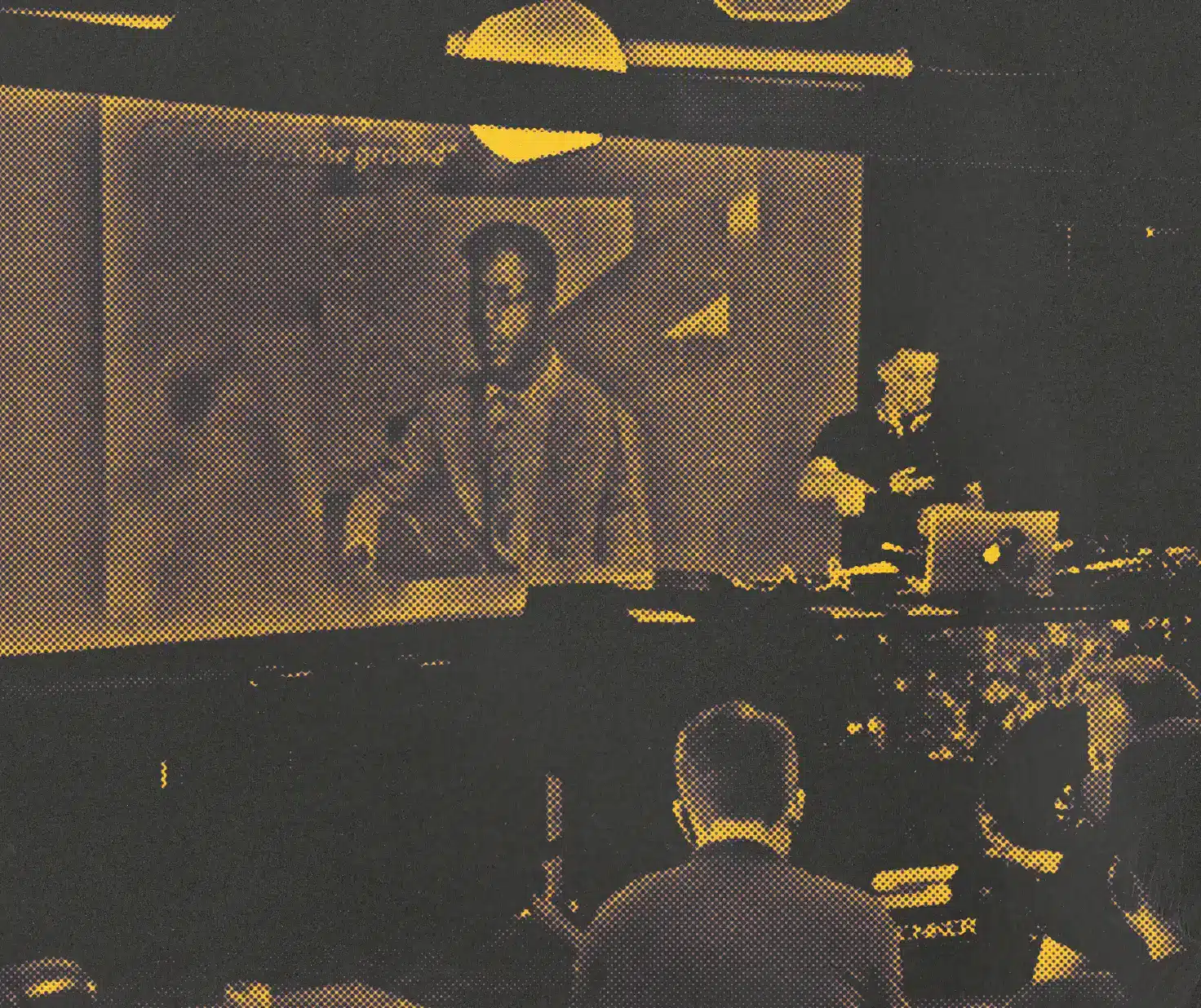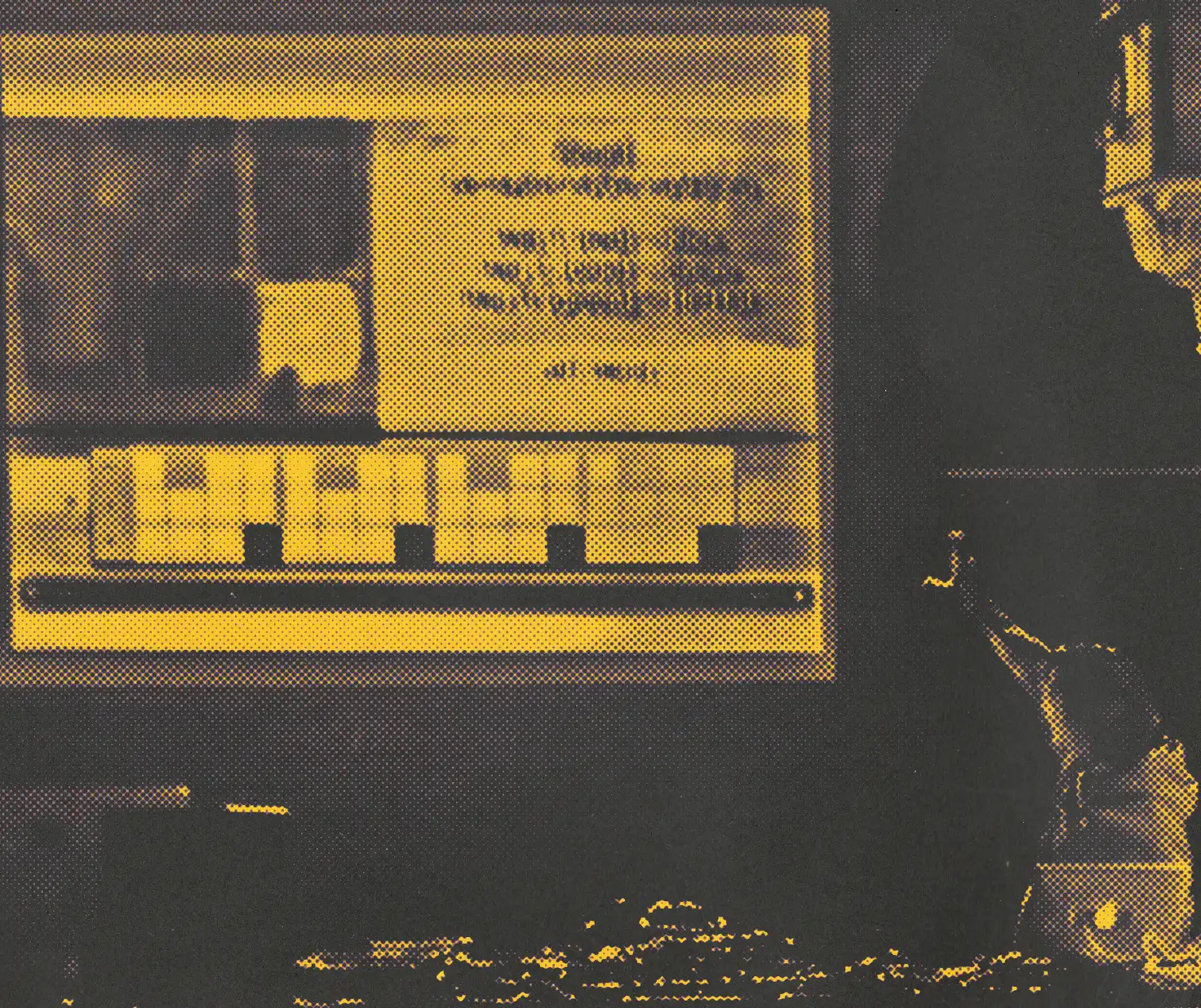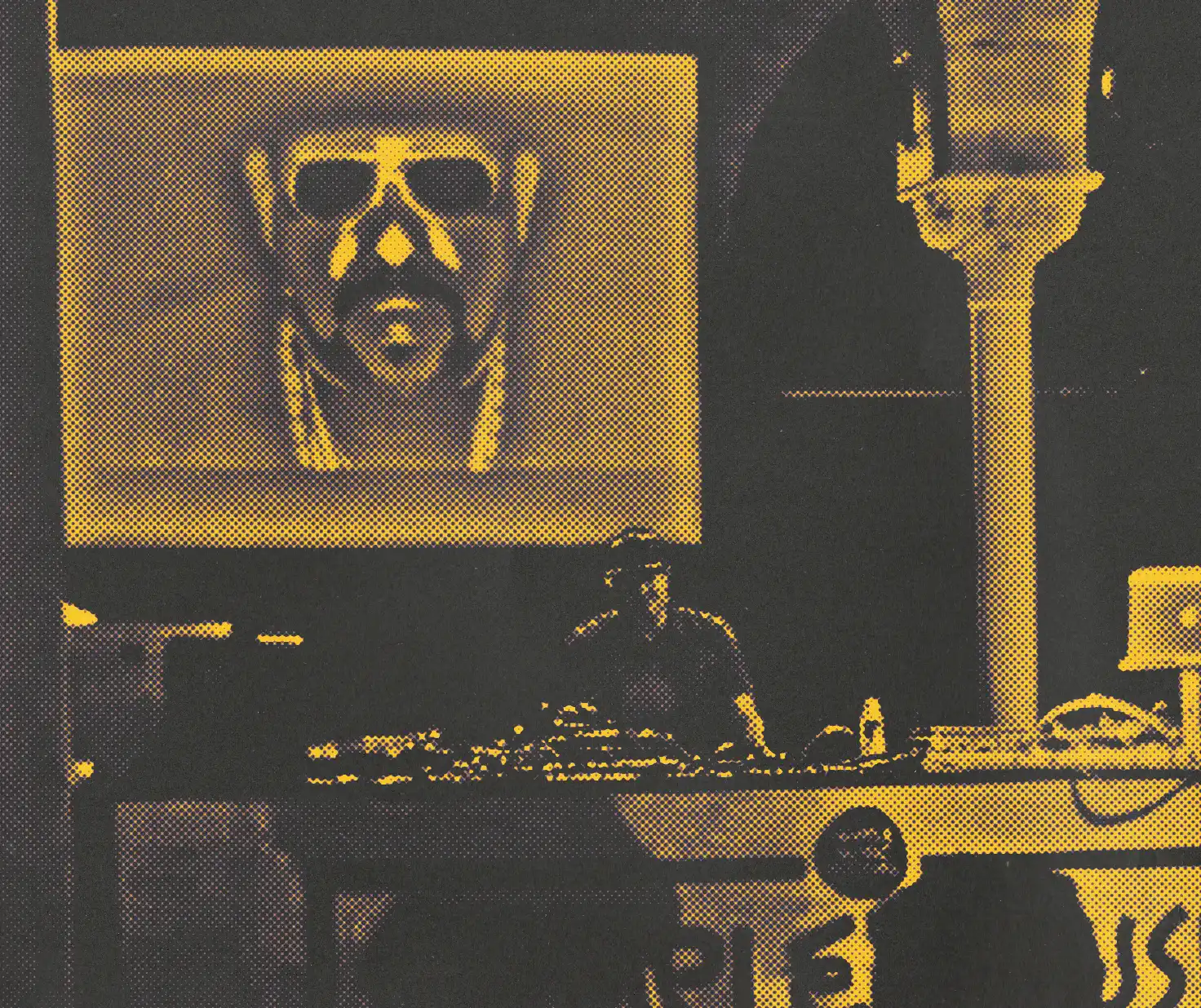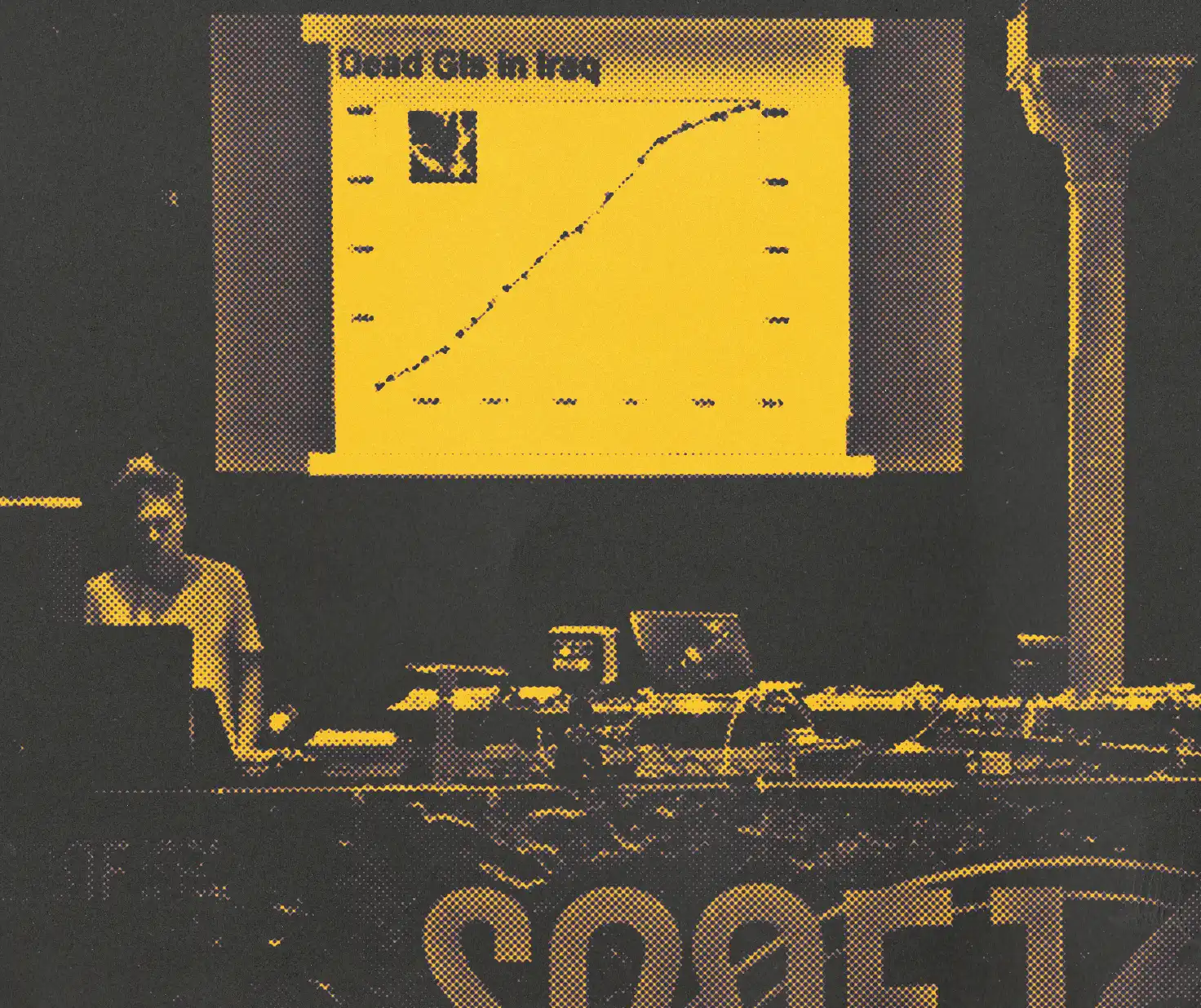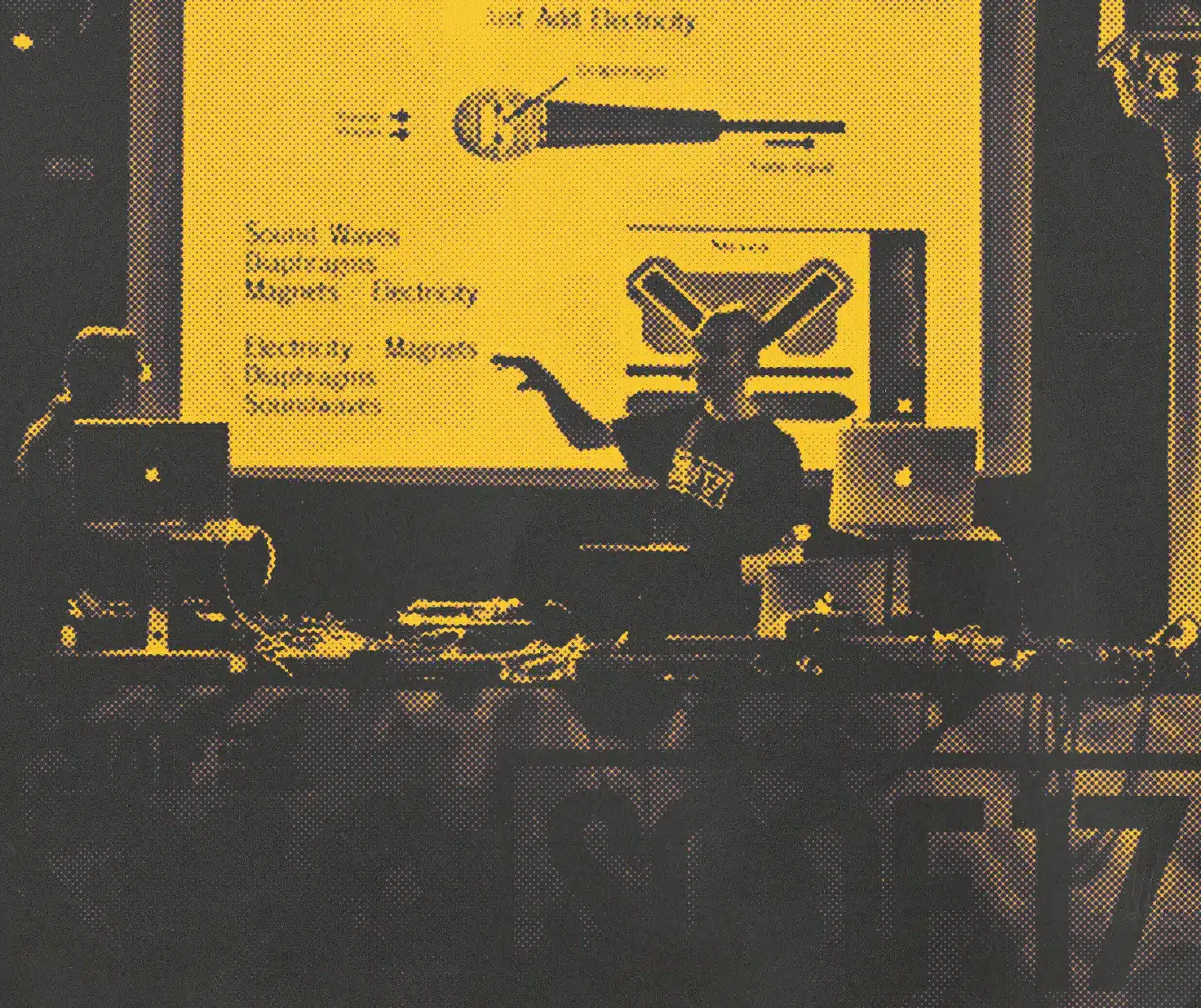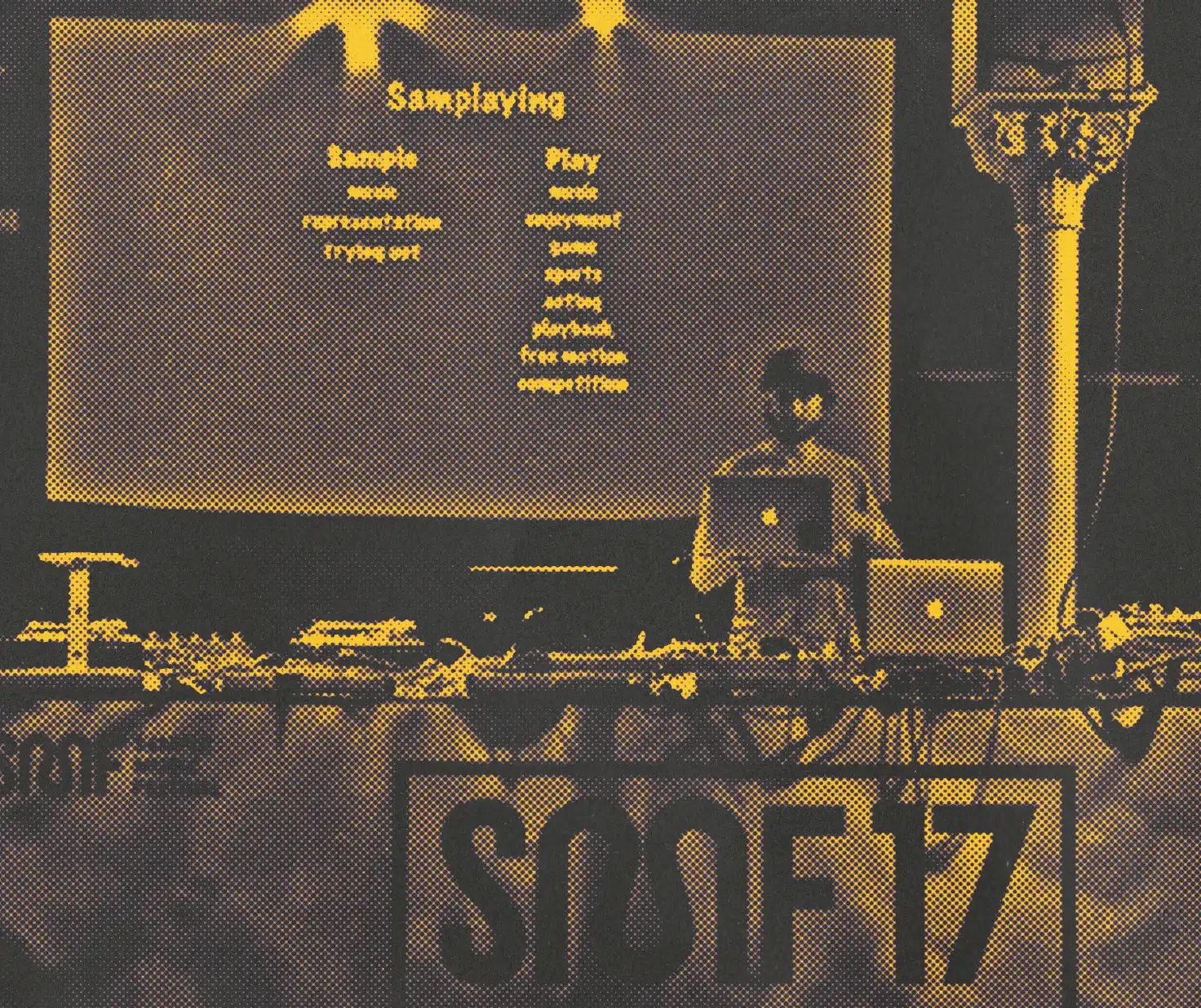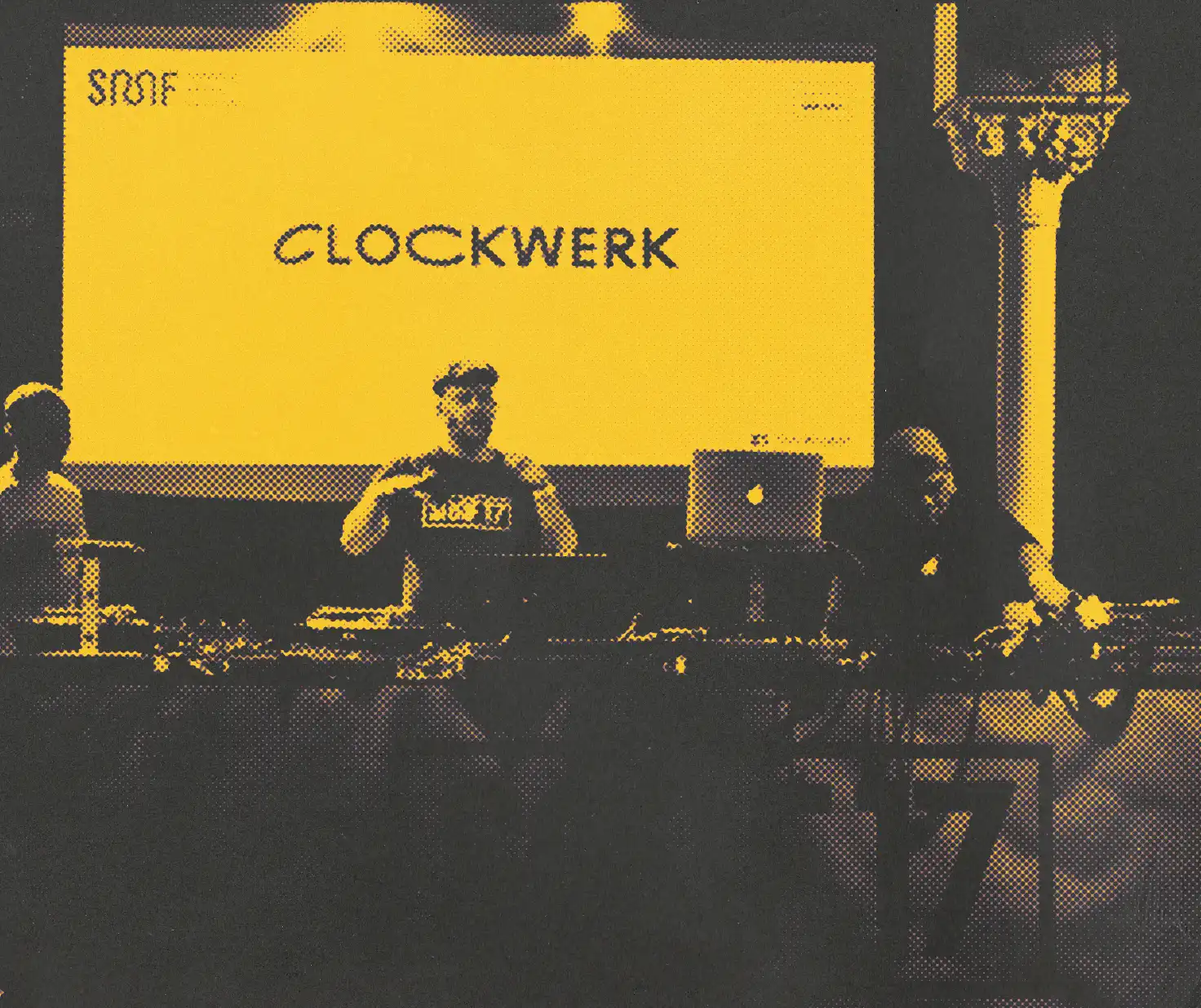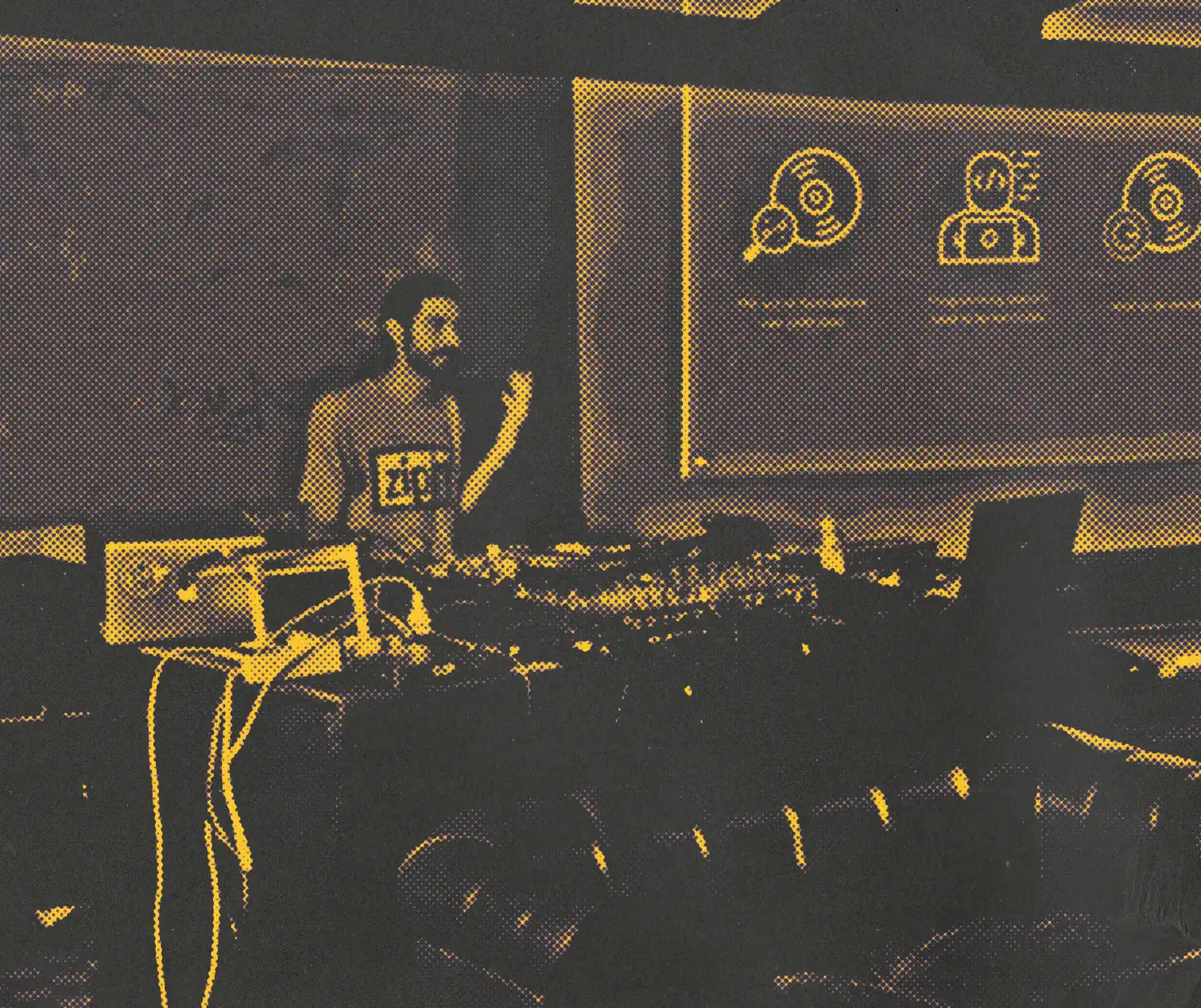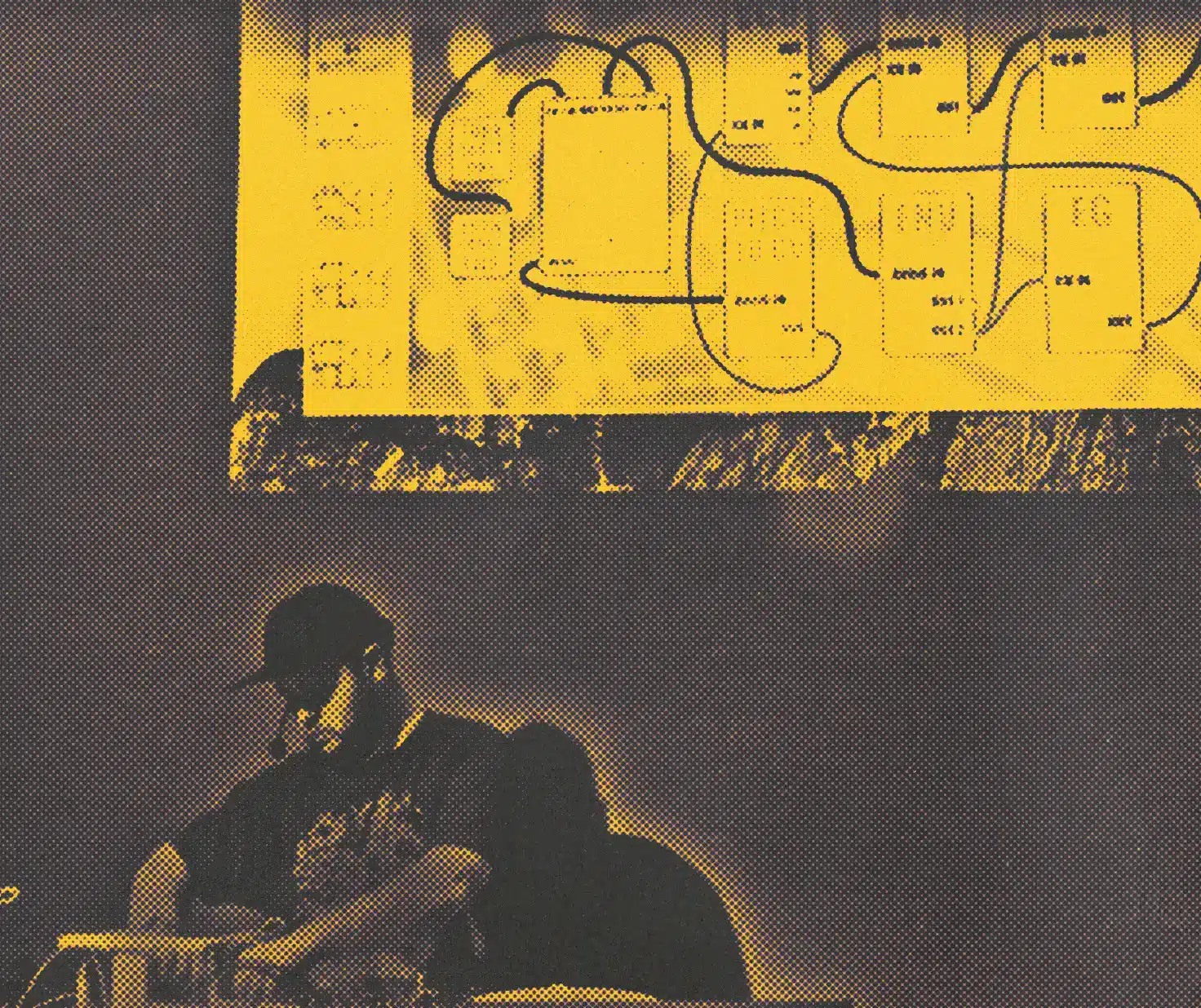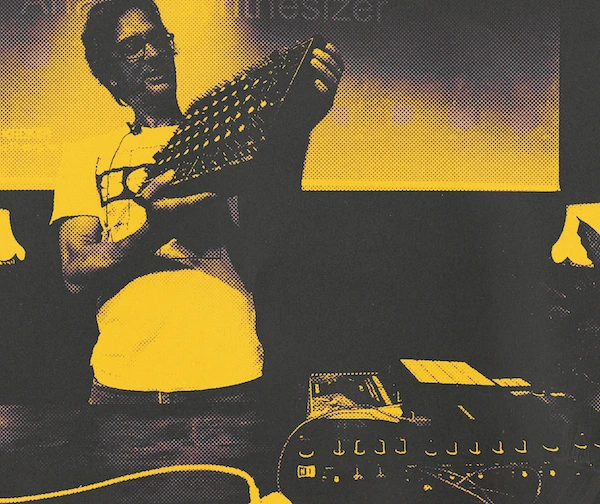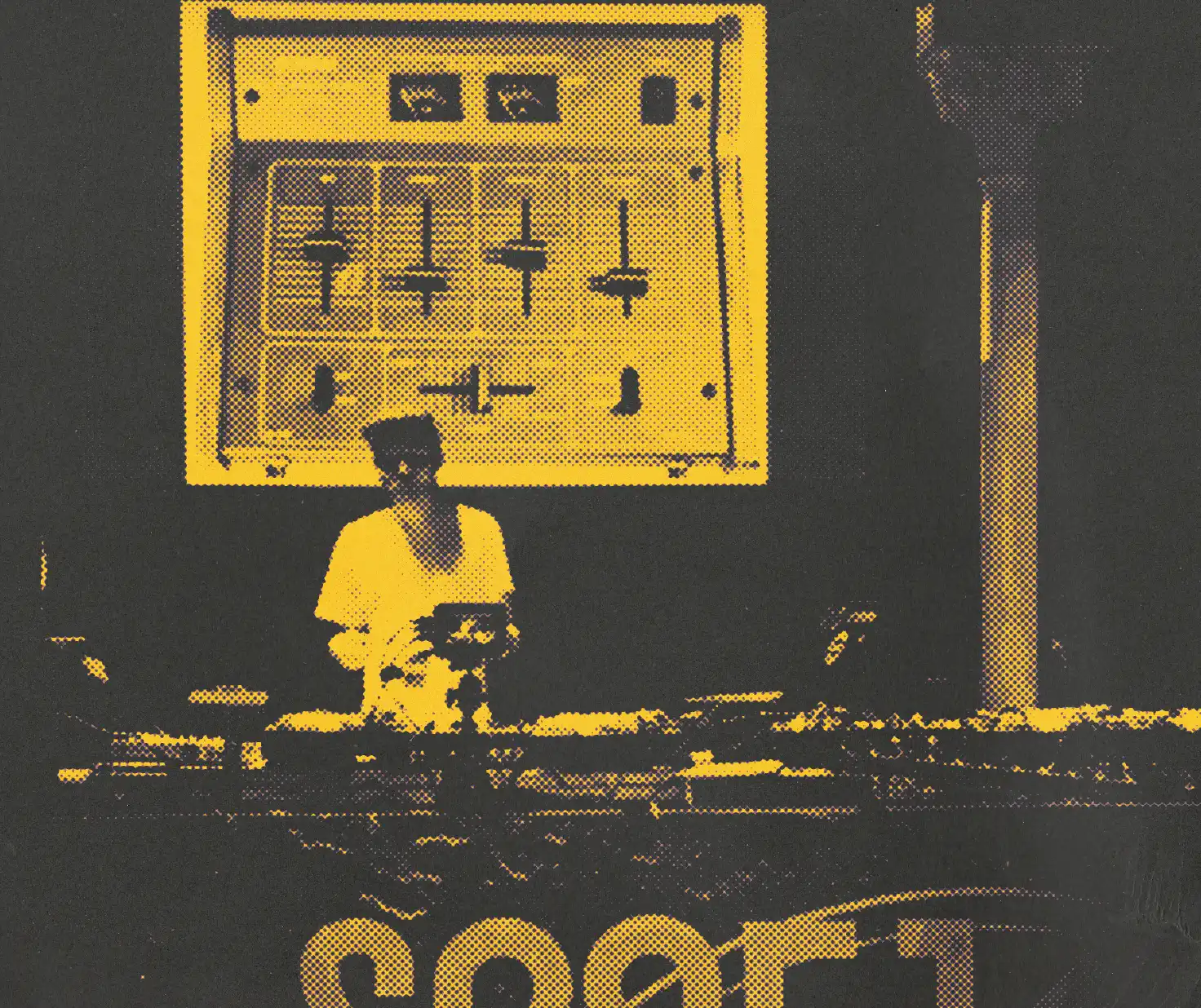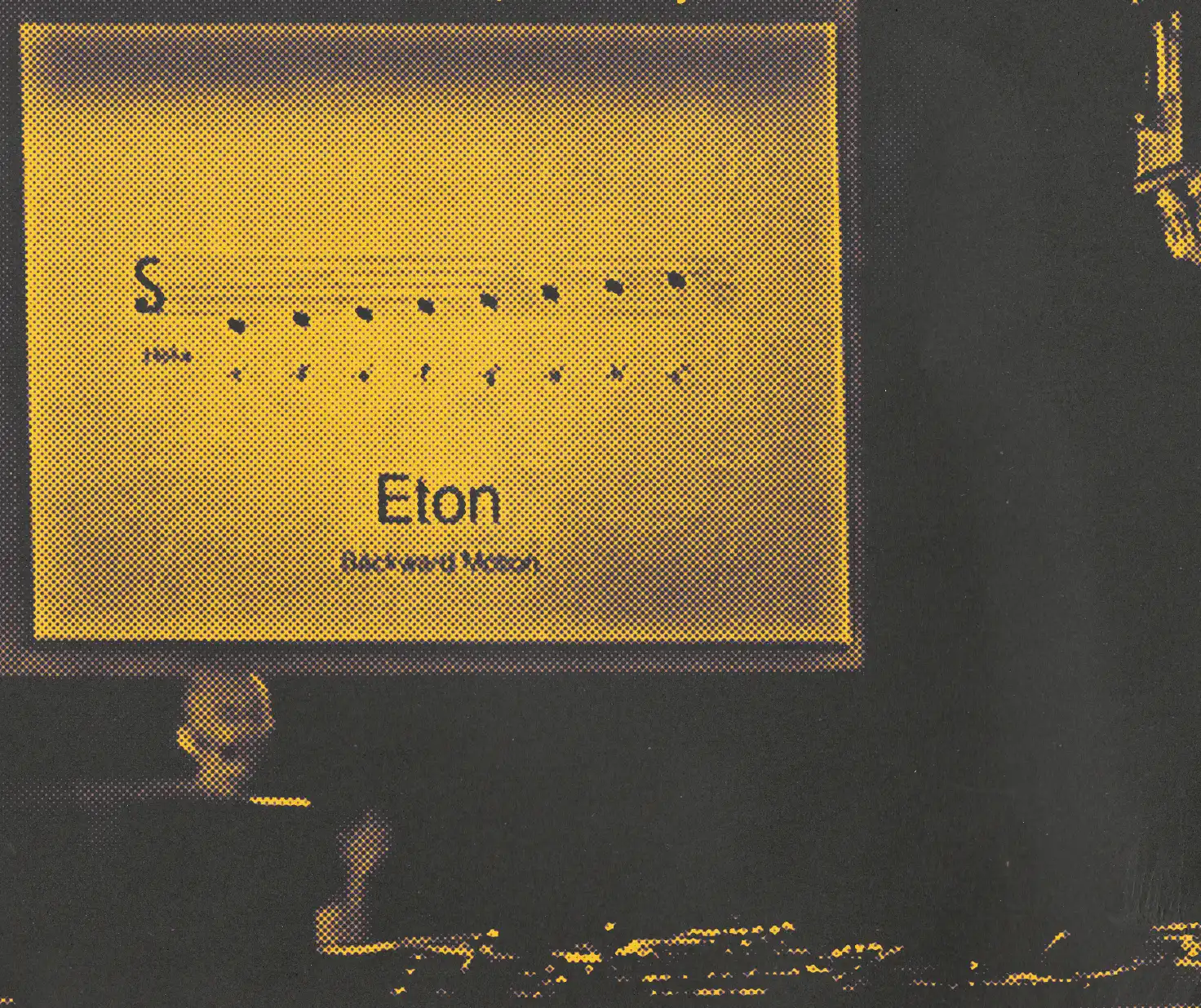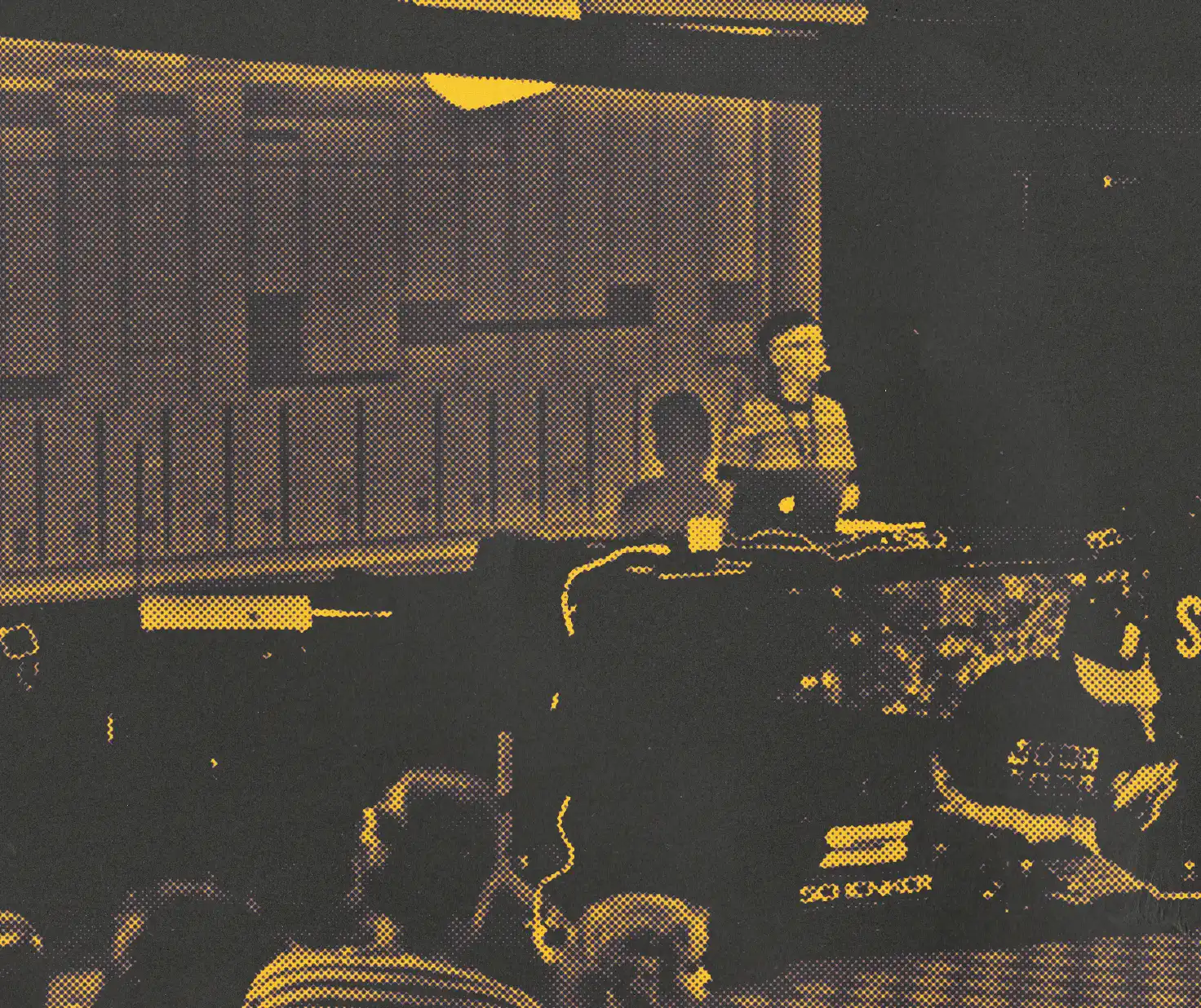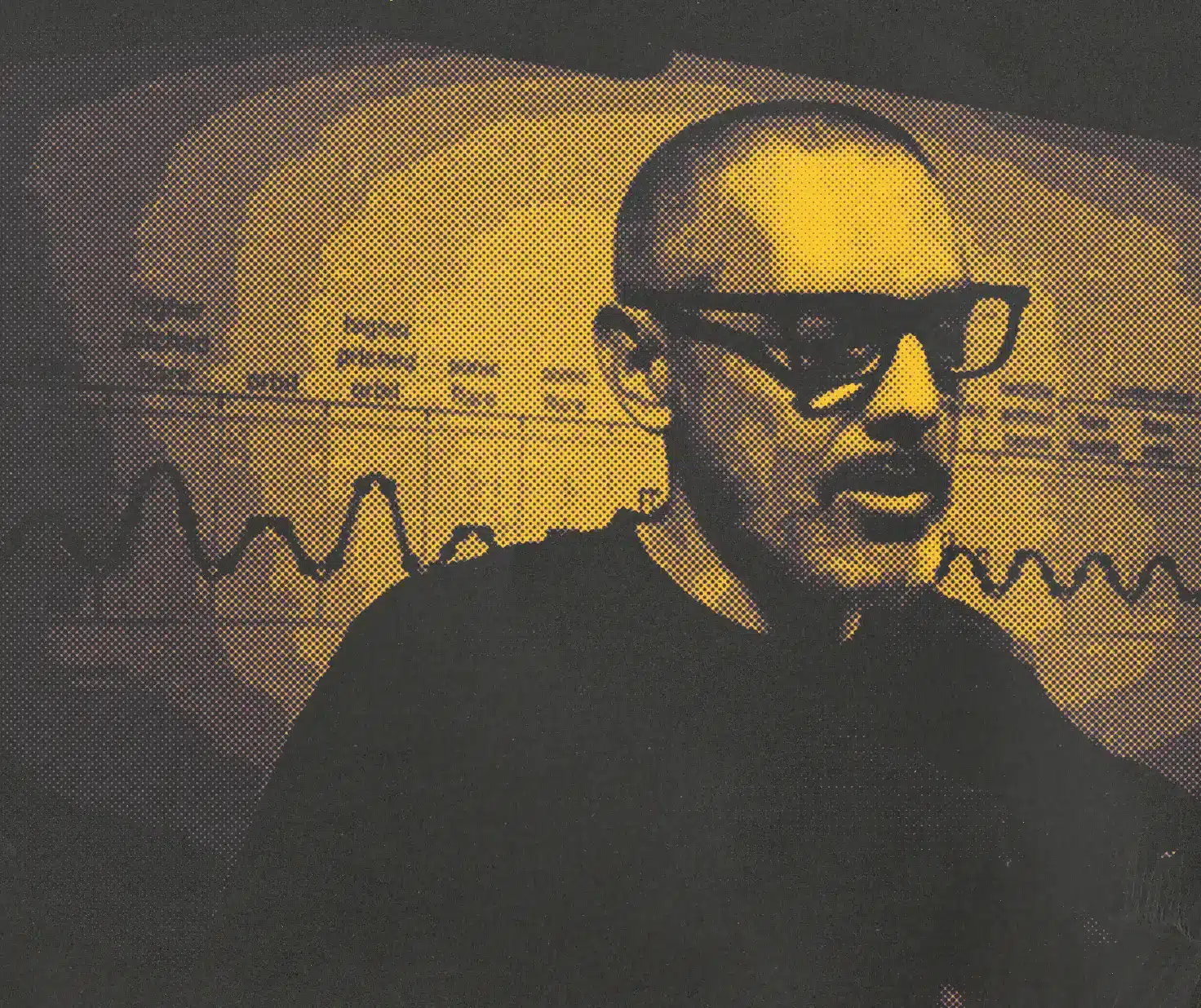- Location: GRETCHEN / Berlin
- Symposium: 2017
- Event: Sample Music Festival
- Topic: Live Coding
Live coding music is the practice of using computer software to generate music in real time, often programmed in a style known as live coding. This approach to music was pioneered in the early 2000s by the influential group Algorave, which has since become a movement (Algorave) The practice of live coding music has roots in early musical experiments dating as far back as the 1950s, when composers like John Cage and Pierre Boulez sought to explore the potential of interactivity within their musical works. In particular, composers such as Cage and his protégé David Tudor utilized early analogue computers to create generative pieces of music, using code to randomly move from one section of a composition to the next.
In the 1990s, electroacoustic music artists began to explore the usage of computers to generate and manipulate live musical sound. Creator Graham Wakefield was a major influence on this movement, founding such projects as Nonoondom and providing web-based resources for exploring the concept of live coding further.
Dr. Ryan Ross Smith, who is currently an Assisitant Professor of Music at the State University of New York, presented a captivating lecture in 2017 highlighting his unique approach to live coding and its application to music. He provided the audience with compelling examples of his work, which demonstrated the clear potential of his innovative techniques.

